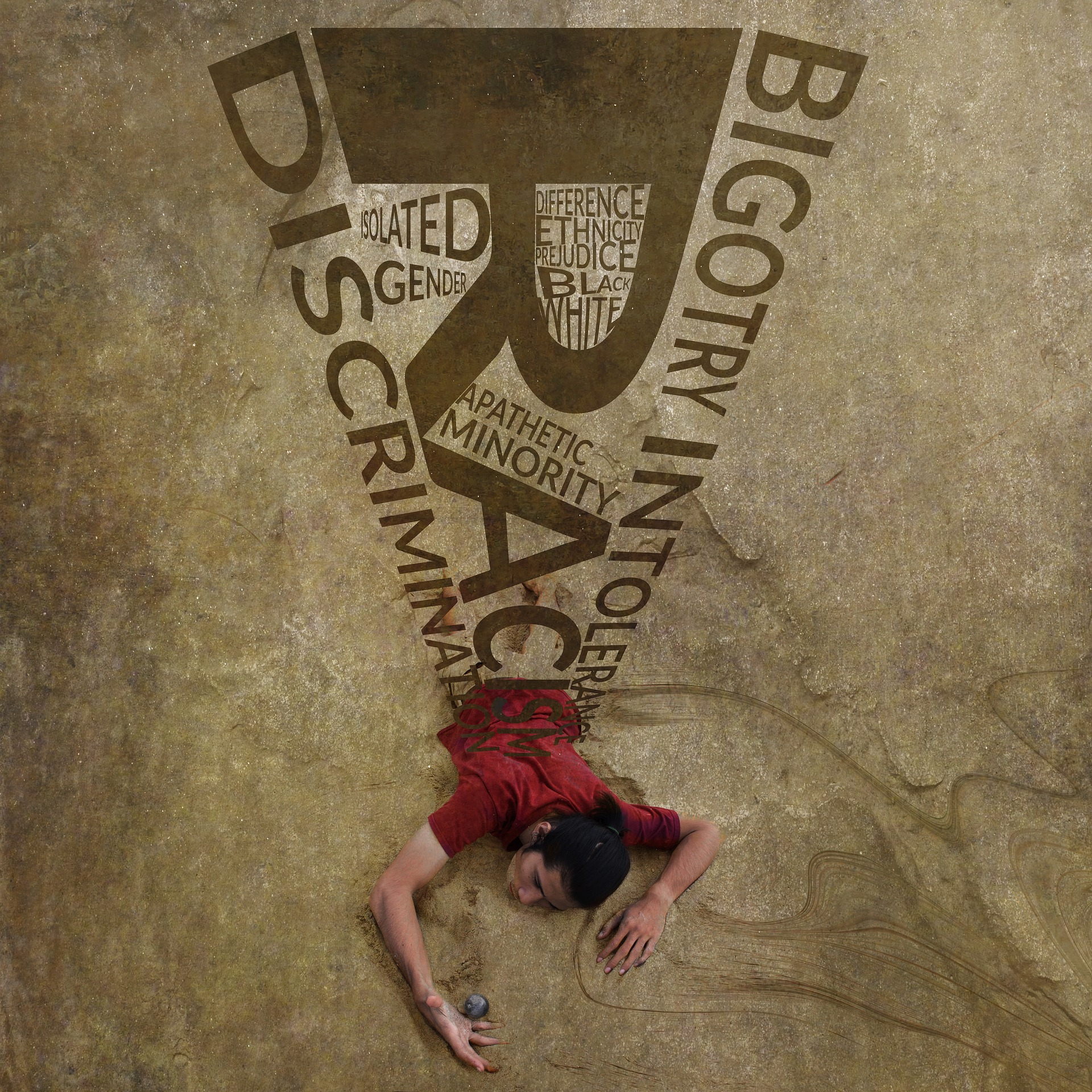Trade unions and workers believe this economic doctrine to be the root cause of problems experienced by immigrants. By 2050, Europe will need another 60 million workers and immigration is part of the solution; ‘undocumented’ immigrants should not be tarnished as ‘illegal’.
.
.
Fundamental to the development, creation and history of humanity; immigration is a hugely influential phenomenon, and finds itself inextricably linked to economic and political issues. Nowadays, the same impulse to discover new cultures, and expand our own cultural understanding, continues to inspire people to leave their home countries.
The migratory movements of the past century are as important and significant as the trends seen in the first years of the 21st century.
However, given that immigration is a topic concerning Governments, associations and individuals, a large number of immigrants find themselves encountering real problems in their day-to-day life, simply for being an immigrant.
Unjust laws, racism, deportation, exploitation and abuse are just some of the realities that these people face, but above all, one of the most discriminatory acts is to consider these people illegal. This terminology, used by numerous Governments and the media, does nothing more than aggravate the situation. When used incorrectly, this term can cause as much damage as a discriminatory or unjust law.
Immigrant associations state that a person can never be illegal. If a person finds themselves in a new host country, without documents, the correct term to be used should be irregular or undocumented, never illegal.
Neoliberalism, the most current economic doctrine, is considered to be the root of the problem. Millions of people all over the world, a great number of citizens originating from Africa, Asia, Latin America and Europe, are living in circumstances in which they are obligated to migrate.
Neoliberal politics favour depleting the rights of the least fortunate, or in this case, the immigrants. Education, housing, health and food are all luxuries, reserved for those favoured by the system.
 Racism and xenophobia are further problems that thousands of people have to contend with on a daily basis. Not knowing the language of the country in which they have arrived, or ignoring the local customs, imposes a huge obstacle to the integration of these immigrants into their new community.
Racism and xenophobia are further problems that thousands of people have to contend with on a daily basis. Not knowing the language of the country in which they have arrived, or ignoring the local customs, imposes a huge obstacle to the integration of these immigrants into their new community.
On this topic, integration must not be confused with assimilation. Integration implies the co-existence of cultures, not the destruction of customs brought by immigrants from their home countries. The richness of multiculturalism lies in respecting every culture. Often, immigrants find themselves obliged to accept work below their level of experience or qualification.
It is not strange to see a Filipino office worker as a household cleaner, or a young Latino student as a waiter in the canteen of a large fast food chain. There are no holidays, maternity leave, minimum wage or guaranteed pensions.
The greater the social inequality, the better the Neoliberal economic system functions.
Immigrant associations and trade unions claim that the Neoliberal economic system is a failure, far from guaranteeing the well-being of every citizen, and that it is the source of forced migration.
However, despite imposing harsh policies and social exclusion upon immigrant individuals, it is proven that they are no less than essential in maintaining the economies in developed countries.
 An ageing population, alongside the unwillingness of natives to carry out certain positions, have made immigrants indispensable in the smooth running of the economic system in the host country.
An ageing population, alongside the unwillingness of natives to carry out certain positions, have made immigrants indispensable in the smooth running of the economic system in the host country.
Commenting on this, Luc Demaret, Senior Specialist in Worker’s Activities in the International Labour Organization (ILO), an agent of the UN that brings together Government representatives, trade unions, employers and workers, states that immigrants play a fundamental role.
“European countries need immigrant workers. The population of the Continent is ageing, signalling that immigration is not only part of the solution to this problem, but also the crisis. Furthermore, these migrant workers have the right to not be discriminated against.”
The ILO recognises that Europe will need another 60 million workers by 2050. If the countries of Europe wish to maintain their current standards in pensions and social security, they will need immigrant workers.
Consequently, as Demaret points out, “there is a contradiction between what the Commission is saying and the provisions being made by countries in the European Union in respect to their policies on migration.”
Many countries impose restrictive policies on immigration and close their borders, considering migration a matter of security. According to Demaret, “These attitudes are wrong. We respect the sovereignty of each State to legislate who may enter and remain in their territory, but they do not have the right to ignore human rights and the rights of workers.”
The ILO have proposed various conventions, including Convention 97, regarding equal treatment in wages and work conditions, which was approved by the United Kingdom, and Convention 189 on domestic workers.
 Despite their success, Convention 143, regarding immigrants, has still not been approved by the UK.
Despite their success, Convention 143, regarding immigrants, has still not been approved by the UK.
Reflecting on this, Demaret points out that there really is no excuse, for any country, saying, “The tools are there, but they must ratify these conventions and implement them”, if the situation is to be resolved.
(Photos: Pixabay)













.jpg)












